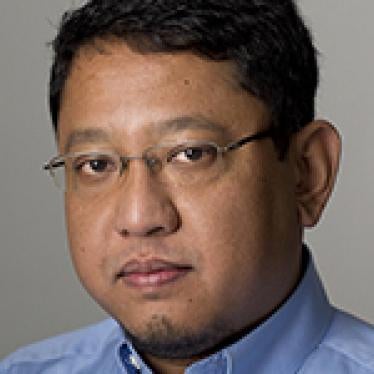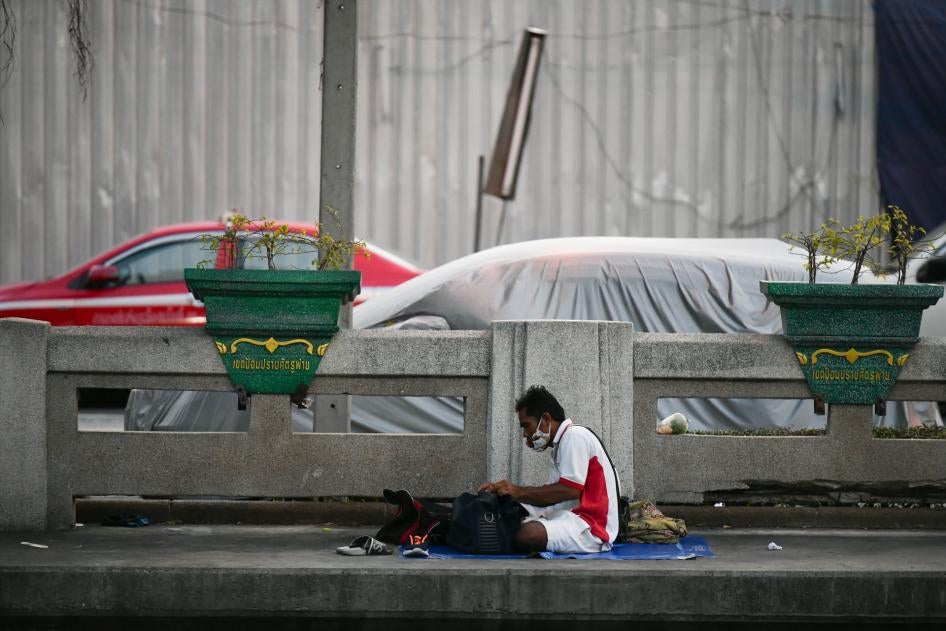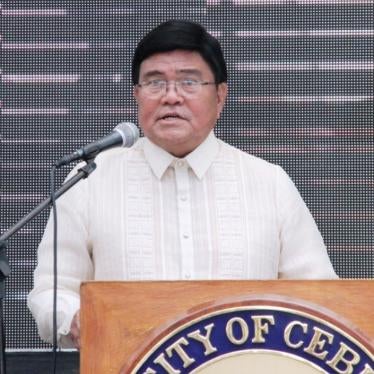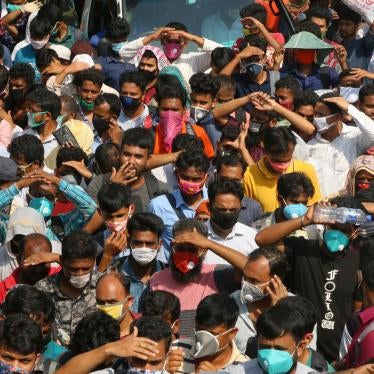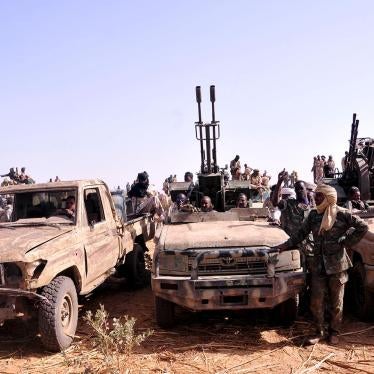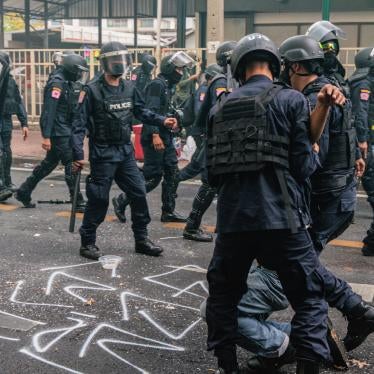How can people “stay at home” if they are homeless?
Police arrested Tui, a homeless man in the city of Chiang Mai, on April 5 for violating the 10 p.m. to 4 a.m. curfew the Thai government imposed as an emergency measure to contain the Covid-19 pandemic.
After police found him “wandering on the streets without permission from authorities or necessary reasons,” the Chiang Mai court sentenced Tui to 15 days in jail, which was suspended, and a fine of 1,500 baht (US$46). The judge decided not to put Tui in a three-day detention in lieu of paying the fine, which he could not afford.
The judge then ordered Tui, who usually slept on the floor of a local wet market, not to repeat the offense and not to leave home for seven days. Tui told me that he did not see how he could accomplish that: “I will just have to hide, hoping police don’t see me on the streets at night again.”
There have been similar cases across Thailand, raising concerns that the Covid-19 regulations are especially hard on people without homes.
Government statistics suggest Thailand has approximately 2,700 homeless people, likely a significant undercount in a nation of around 69 million.
The lockdown and empty streets mean fewer opportunities for homeless people to earn money. In addition, they face stigmatization and accusations of negligently spreading the virus, as well as disobeying government orders.
Though it has been over 15 weeks since Thailand recorded its first Covid-19 case, the government still has not effectively reached out to the homeless population for testing. Only rudimentary temperature checks using handheld thermometers are available to homeless people when they line up to receive food and other necessities.
Government-run shelters are often overcrowded, without sufficient space required for physical distancing, and far from areas homeless people know and frequent, so they are reluctant to go.
“Housing has become the front line defense against the coronavirus,” said Leilani Farha, the United Nations special rapporteur on the right to adequate housing. “Home has rarely been more of a life or death situation.”
Prime Minister Gen. Prayut Chan-ocha has repeatedly said “no one is left behind.” He should insist government officials follow his motto and apply it to people without a place to live.
